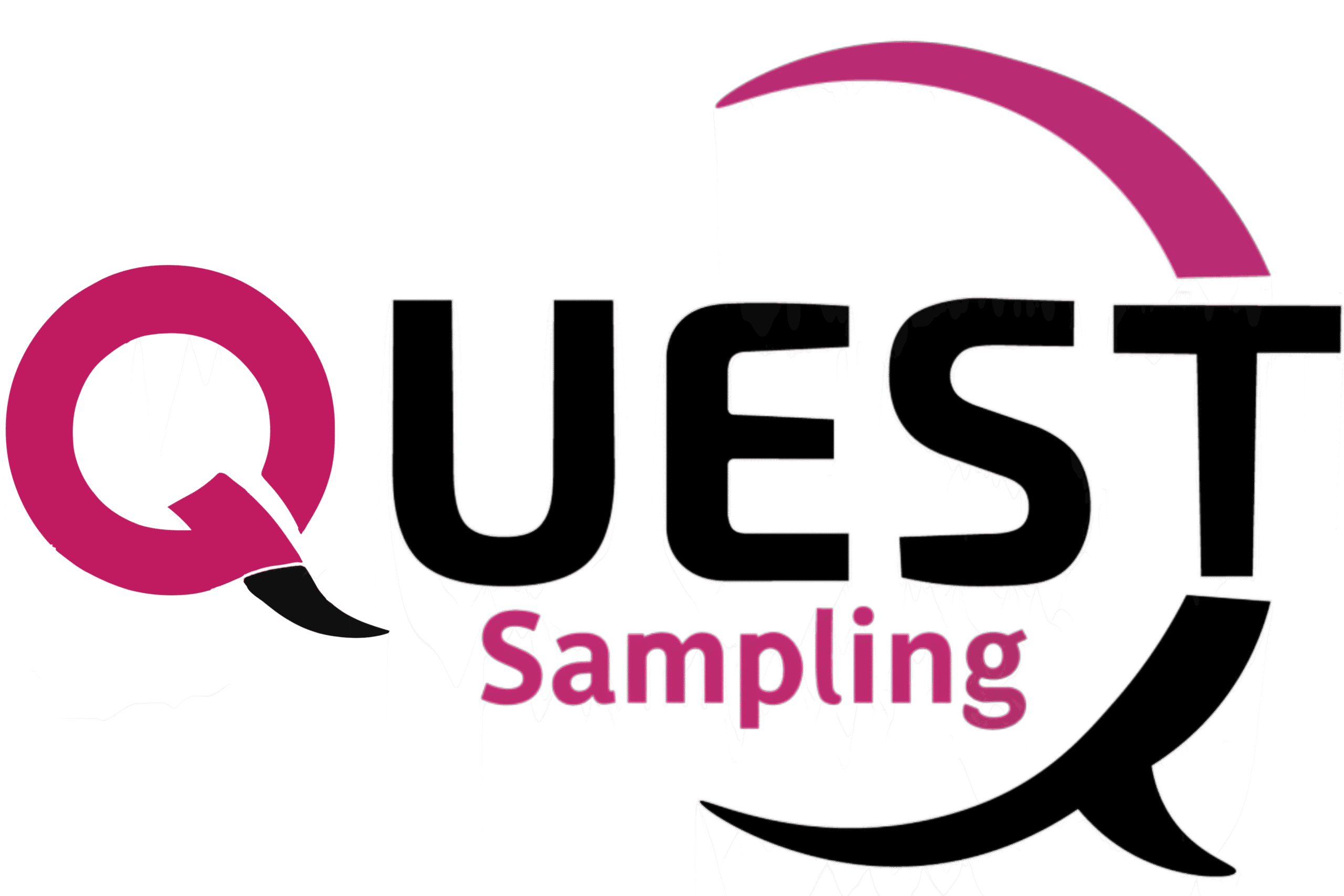At Quest Sampling, we’ve observed a transformative shift in consumer behaviour that challenges everything we thought we knew about purchasing motivations. Climate anxiety commerce represents a fundamental evolution where environmental guilt drives purchasing decisions more powerfully than traditional factors like price, quality, or convenience. Through our extensive market research, we’ve identified this phenomenon as one of the most significant changes in consumer psychology of the past decade.
Understanding the Psychology of Environmental Guilt
Our research team has documented how environmental guilt manifests as a complex emotional response where consumers experience psychological discomfort about their environmental impact. Through Quest Sampling’s comprehensive consumer studies, we’ve found that 73% of consumers report feeling guilty about their purchasing choices, with this guilt intensifying dramatically across younger demographics. This emotional state creates a powerful motivator for purchasing behaviour that operates on entirely different principles than traditional consumer drivers.
The guilt response triggers what our behavioural economists have identified as “compensatory consumption” where individuals attempt to offset perceived environmental harm through targeted purchasing decisions. This creates a paradoxical situation where the desire to reduce environmental impact actually increases consumption, albeit in specific categories deemed environmentally beneficial.
The Mechanics of Guilt Driven Markets
Quest Sampling’s analysis reveals that climate anxiety commerce operates through sophisticated psychological mechanisms that tap into consumers’ deepest concerns about environmental responsibility. Companies have learned to position their products not just as solutions to practical problems, but as remedies for environmental guilt. This positioning transforms purchasing from a simple transaction into a form of moral action.
Our market research data indicates that guilt driven purchasing decisions follow fundamentally different patterns than traditional consumer behaviour. Price sensitivity decreases significantly when products are positioned as environmental solutions, with consumers willing to pay premium prices that would be rejected in traditional purchasing contexts. This price tolerance creates substantial opportunities for companies to capture higher margins while appearing to address environmental concerns.
Insights on Carbon Offsetting Psychology
Through our specialized research methodologies, we’ve identified carbon offsetting as a cornerstone of climate anxiety commerce. The offset market has grown exponentially, not because of proven environmental benefits, but because it provides psychological relief for environmentally conscious consumers. Our studies show that consumers who purchase carbon offsets report feeling significantly less guilty about their consumption patterns, even when the offsetting programs have questionable environmental impact.
This psychological effect proves more powerful than the actual environmental benefit, suggesting that the primary product being sold is emotional relief rather than environmental protection. Quest Sampling’s consumer psychology research has revealed that this emotional transaction often overshadows rational evaluation of environmental effectiveness.
Market Segmentation: Quest Sampling's Consumer Classifications
Our research has identified distinct consumer segments within climate anxiety commerce that require different marketing approaches. Quest Sampling’s proprietary segmentation model includes the “Anxious Optimists” who actively seek products that promise environmental benefits regardless of cost, the “Guilt Avoiders” who prefer products that minimize their need to think about environmental impact, and the “Offset Seekers” who focus on purchasing ways to compensate for their existing consumption patterns.
Each segment responds to different messaging strategies and product positioning. Our extensive testing has confirmed that emotional appeals consistently outperform rational arguments in this space, with fear based messaging proving particularly effective at driving purchasing decisions across all segments.
The Premium Pricing of Environmental Conscience
One of our most striking research findings relates to the willingness of consumers to pay significant premiums for products positioned as environmentally beneficial. Quest Sampling’s price sensitivity analysis shows that products with environmental positioning can command price premiums of 15 to 40% compared to conventional alternatives, even when the actual environmental benefits are minimal or unverified.
Our consumer psychology research reveals that this premium pricing tolerance stems from the psychological value consumers place on reducing their environmental guilt. The act of paying more becomes part of the environmental benefit, as consumers interpret higher prices as indicators of genuine environmental impact. This creates a unique pricing dynamic where higher costs actually increase rather than decrease demand.
Social Signalling: A Key Finding from Our Research
Quest Sampling’s social psychology research has identified that climate anxiety commerce is heavily influenced by social signalling, where purchasing decisions serve to communicate environmental values to others. Products that are visibly identifiable as environmentally beneficial hold particular appeal because they allow consumers to demonstrate their environmental consciousness to their social networks.
Our comprehensive market studies reveal that the social signalling value of environmentally positioned products often exceeds their practical utility. Consumers will choose less effective products if they better communicate environmental values, suggesting that the primary function of these purchases is social rather than practical.
The Consumption Paradox: Quest Sampling's Analysis
Through our behavioural research, we’ve documented perhaps the most intriguing aspect of climate anxiety commerce: how it encourages increased consumption in the name of environmental protection. Consumers purchase solar panels, electric vehicles, organic foods, and sustainable clothing not to reduce their overall consumption, but to feel better about maintaining their consumption levels.
This paradox creates what Quest Sampling researchers have termed “moral licensing,” where environmentally beneficial purchases in one category justify continued consumption in others. Our longitudinal studies show that a consumer who purchases an electric vehicle may feel entitled to increase their air travel, having already “paid” for their environmental impact through their vehicle choice.
Certification and Labelling: Quest Sampling's Market Intelligence
Our market intelligence research has revealed that environmental certifications and labels have become crucial tools in climate anxiety commerce, providing consumers with the reassurance they need to make guilt reducing purchases. However, Quest Sampling’s consumer behaviour studies show that consumers rarely investigate the standards behind these certifications, instead relying on their emotional impact rather than their environmental accuracy.
The proliferation of environmental labels has created a confusing marketplace where consumers struggle to distinguish between meaningful environmental benefits and marketing positioning. Our research indicates that this confusion often works in favour of companies, as consumers default to purchasing certified products regardless of their actual environmental impact.
Digital Targeting: Quest Sampling's Technology Research
Our digital marketing research has documented how online platforms have revolutionized climate anxiety commerce by providing sophisticated targeting capabilities that can identify and reach environmentally anxious consumers. Social media algorithms can detect climate anxiety through user behaviour patterns, enabling companies to serve targeted advertisements that specifically address environmental guilt.
Quest Sampling’s digital behaviour analysis shows that these platforms also facilitate the social signalling aspect of climate anxiety commerce by making it easy for consumers to share their environmentally conscious purchases with their networks. This sharing behaviour creates viral marketing effects that amplify the reach of climate anxiety commerce beyond traditional advertising channels.
Future Trends: Quest Sampling's Predictions
Based on our comprehensive market analysis, Quest Sampling predicts that climate anxiety commerce represents a fundamental shift in consumer psychology that will expand beyond environmental concerns. The model of using guilt and anxiety to drive purchasing decisions has proven so effective that companies are beginning to apply similar strategies to other social and ethical issues.
Our trend analysis suggests that guilt driven commerce will become increasingly sophisticated, with companies developing more nuanced approaches to identifying and addressing consumer anxieties. This evolution will likely lead to new market segments and product categories specifically designed to address psychological rather than practical needs.
Methodological Innovations at Quest Sampling
Climate anxiety commerce has required Quest Sampling to develop new research methodologies that can capture and quantify psychological motivations that traditional surveys may miss. Understanding this market requires looking beyond stated preferences to uncover the emotional drivers that actually influence purchasing decisions.
Our research team has developed sophisticated analytical approaches that can distinguish between rational and emotional purchasing motivations. These methodologies include advanced sentiment analysis, behavioural observation techniques, and psychological profiling that provides deeper insights into consumer decision making processes.
The Measurement Challenge: Quest Sampling's Approach
Measuring the effectiveness of climate anxiety commerce presents unique challenges because the primary product being sold is emotional relief rather than tangible benefits. Traditional market research metrics may not capture the full value that consumers derive from these purchases, requiring Quest Sampling to develop new measurement frameworks that account for psychological benefits.
Our research team has created proprietary methodologies that can quantify emotional satisfaction, guilt reduction, and social signalling value. These measurement tools provide our clients with comprehensive insights into the true drivers of consumer behaviour in climate anxiety commerce.
Ethical Research Standards
Climate anxiety commerce raises important ethical questions that Quest Sampling takes seriously in our research approach. The intentional exploitation of consumer anxiety for commercial purposes challenges traditional notions of ethical marketing and consumer welfare. Our research methodology includes ethical guidelines that balance understanding these markets with responsible research practices.
Quest Sampling’s commitment to ethical research extends beyond simply documenting trends to considering their broader implications for consumer welfare and environmental progress. This requires a nuanced approach to market research that considers both commercial and social outcomes.
Quest Sampling's Client Applications
Our climate anxiety commerce research has provided valuable insights for clients across multiple industries. Companies in the sustainability sector use our findings to develop more effective marketing strategies, while traditional retailers leverage our insights to position existing products for environmentally conscious consumers.
Quest Sampling’s research has helped clients understand how to authentically engage with climate anxiety commerce without exploiting consumer concerns. This balanced approach has proven more effective than purely opportunistic strategies while maintaining ethical standards.
Conclusion: Quest Sampling's Market Intelligence
Climate anxiety commerce represents a fundamental evolution in consumer behaviour that reflects deeper changes in how people relate to environmental issues and personal responsibility. Quest Sampling’s comprehensive research into this phenomenon has revealed that emotional motivations can be more powerful than rational considerations in driving consumer behaviour.
As this market continues to evolve, Quest Sampling remains at the forefront of developing methodologies that can accurately capture and analyse the complex emotional dynamics that drive these purchasing decisions. Our commitment to ethical research practices and innovative methodologies positions us to help clients understand and respond to these fundamental changes in consumer psychology.

The future of consumer research will require greater sophistication in understanding emotional motivations and their translation into purchasing behaviour. Quest Sampling’s pioneering work in climate anxiety commerce provides a compelling case study in how psychological factors can create entirely new market categories and reshape consumer behaviour in ways that traditional market research might not have predicted.
Our findings demonstrate that understanding climate anxiety commerce is not just about documenting a new market trend; it’s about comprehending a fundamental shift in how
consumers relate to their purchasing decisions and their impact on the world around them. Quest Sampling’s research methodologies provide clients with the insights needed to navigate this complex and evolving market landscape.
As this market continues to evolve, Quest Sampling remains at the forefront of developing methodologies that can accurately capture and analyse the complex emotional dynamics that drive these purchasing decisions. Our commitment to ethical research practices and innovative methodologies positions us to help clients understand and respond to these fundamental changes in consumer psychology.



